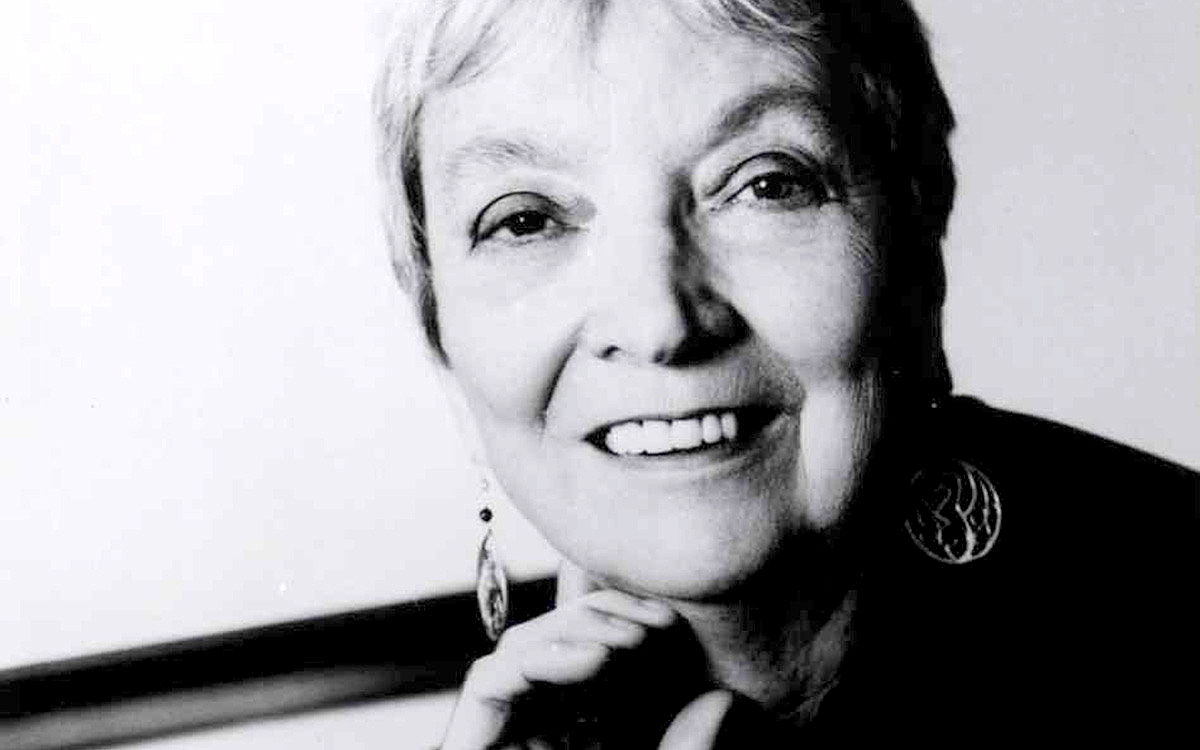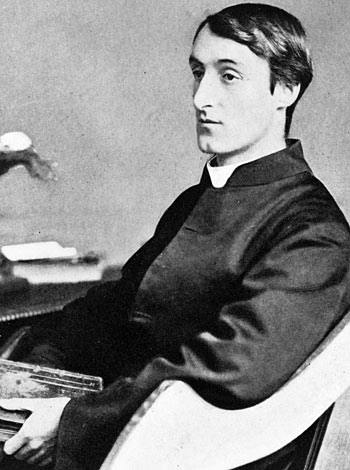SOURCE: https://www.saltproject.org/progressive-christian-blog/2025/12/9/three-advent-poems-by-madeleine-lengle
KEYWORDS: Jesus, baby, birth, Joseph, Mary, Wise, Shepherds, Incarnation, Christmas
“After Annunciation”
This is the irrational season
When love blooms bright and wild.
Had Mary been filled with reason
There’d have been no room for the child.
“Like Every Newborn”
“The Lord is King, and has put on glorious apparel;
the Lord hath put on his apparel,
and girded himself with strength:” [Psalm 93]
Like every newborn, he has come from very far.
His eyes are closed against the brilliance of the star.
So glorious is he, he goes to this immoderate length
To show his love for us, discarding power and strength.
Girded for war, humility his mighty dress,
He moves into the battle wholly weaponless.
“The Risk of Birth, Christmas, 1973”
This is no time for a child to be born,
With the earth betrayed by war & hate
And a comet slashing the sky to warn
That time runs out & the sun burns late.
That was no time for a child to be born,
In a land in the crushing grip of Rome;
Honour & truth were trampled by scorn —
Yet here did the Saviour make his home.
When is the time for love to be born?
The inn is full on the planet earth,
And by a comet the sky is torn —
Yet Love still takes the risk of birth.


.jpeg)




